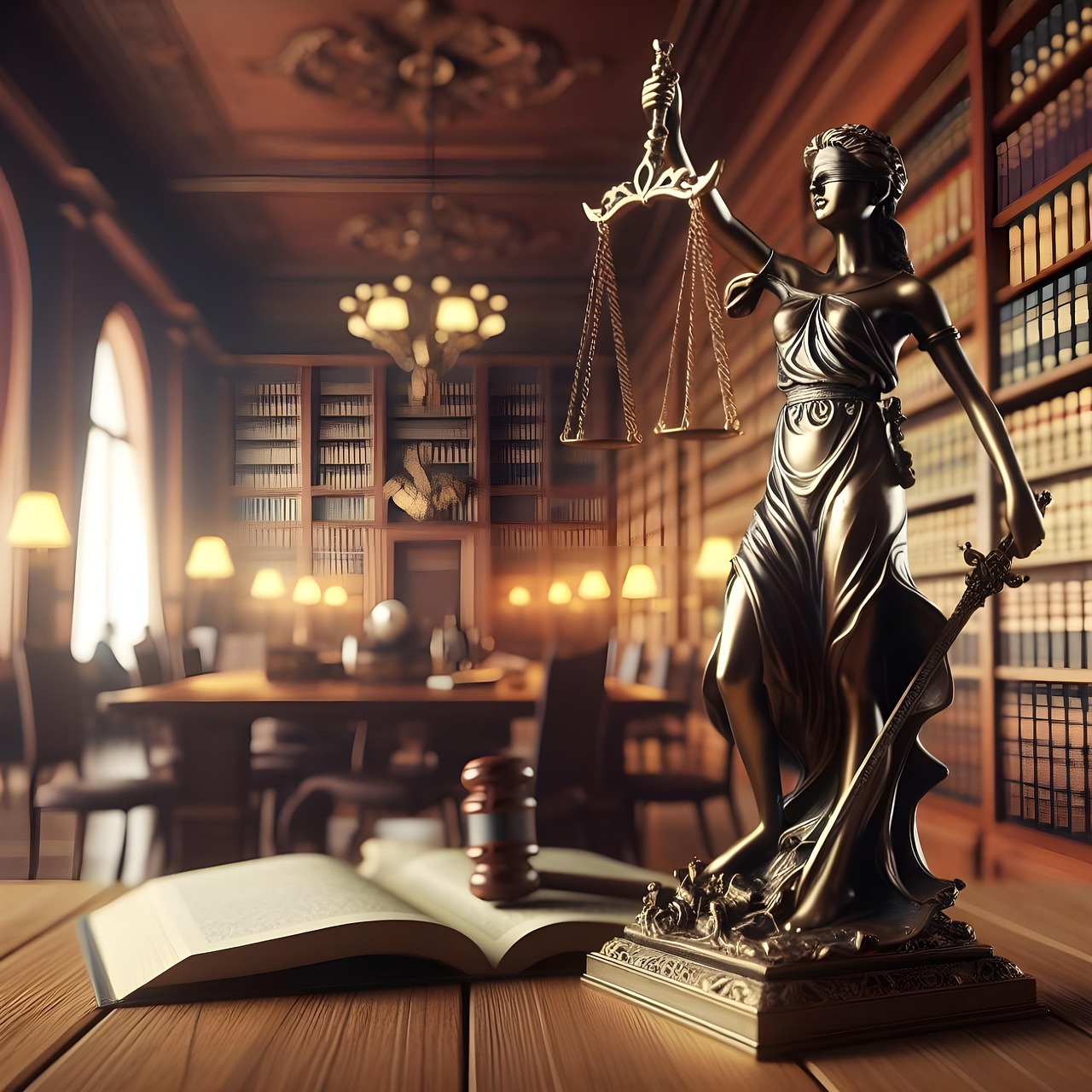Court filings highlight risks of fabricated and AI-generated documents, sparking renewed calls for stronger accountability in the legal system.
The recent revelation that attorney Diana Lynch was fined only $2,500 after submitting a court order built on fabricated facts and citations to non-existent case law. However, what is deeply troubling, the Georgia Appeals Court reversal order did not include a referral to Georgia’s Bar Counsel, and no accountability appears to have been applied to the judge who allowed the order to stand. (Shahid v. Esaam),Court of Appeals of Georgia, Case No. A25A0196; Trial Court Case No. 23FM9164).
Such conduct strikes at the very foundation of judicial integrity, If the legal system is willing to overlook misconduct of this magnitude, what confidence can the public have that truth and justice are being safeguarded?
This development raises broader concerns about accountability and oversight when questionable filings are submitted in U.S. courts, and courts are struggling—or unwilling—to respond appropriately. Observers have noted that existing processes sometimes fail to address such issues decisively.
“The integrity of our courts depends on truth in filings. If technology enables fabrication, then accountability must rise to meet the challenge.” — Kevin Shehee
“In my own federal case, Kevin L. Shehee v. Diana Lynch, et al. (United States District Court for the Northern District of Georgia, Docket No. 1:23-cv-04506-TCB; currently on appeal before the U.S.Court of Appeals for the Eleventh Circuit, Appeal No. 25-11842-F), I alleged that pleadings filed by opposing counsel contained AI-generated content sometimes described as “hallucinations.” As documented in the docket, my objections at the time were dismissed.” Kevin added.
The growing use of technology in legal practice has introduced the risk of fabricated or inaccurate material entering the judicial record. Whether produced intentionally or inadvertently, such documents undermine confidence in the legal system if not addressed with meaningful accountability.
“I have endured a heartbreaking betrayal that now threatens my future,” he said. “Those responsible portray themselves as protectors of the community, yet their actions tell a different story. I respectfully ask you to share my press release today. Your support can help me seek justice and protect others from experiencing the same harm.”
This development highlights a disturbing double standard: ordinary citizens who submit falsified documents face criminal prosecution, while attorneys too often receive only monetary sanctions. Again, it appears, Courts are struggling, or unwilling, to respond appropriately, and this undermines trust in our justice system.
In a recent update, AbovetheLaw.com noted ““It finally happened with a trial judge issuing an order based off fake. While the appellate court put a stop to the matter, the fact that it got this far should terrify everyone.””
Showing great strength, Kevin Shehee has come forward with a deeply personal account of betrayal at the hands of individuals who present themselves as protectors of the community. What was once a trusted relationship has now left him fighting for his future.
Kevin Shehee is urging community members, advocates, and the public to share my story widely in an effort to shed light on my experience and raise awareness to prevent others from falling victim.
To safeguard fairness and impartiality, both the legal profession and the public are being urged to demand stronger accountability measures for the submission of fabricated or AI-generated materials. Without such reforms, one of the cornerstones of democracy, a fair and trustworthy judicial system, may be weakened.
Resource Hub and Supporting Materials
Kevin Shehee has made additional materials available for public review:
View the Faces and Places Timeline Chart for a chronological overview of events.
Watch See Kevin’s Full Story Video at his GoFundMe page .
These resources are presented as supplements to his filings and are intended to provide context for consumers and journalists.

